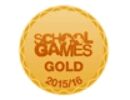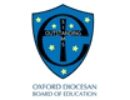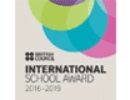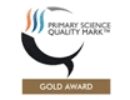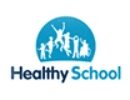PHSE and RSE
What does PSHE look like?
PSHE stands for Personal, Social, Health and Economic Education. It includes the new RSE Relationships and Sex Education curriculum.
Here at Brill we believe it is important to deliver a varied, vibrant and up to date PSHE curriculum that is intertwined with our Christian School Values in order to empower our children to thrive in 21st century life.
All children take part in weekly PSHE lessons which are engaging and relevant for their age group. We use the ‘Jigsaw – The Mindful Approach to PSHE’ scheme to provide a scaffolding of progression across the school. The whole school engages in the following topics half termly – Being Me In My World, Celebrating Difference, Dreams and Goals, Healthy Me, Relationships and Changing Me. We supplement this through related topic work, enrichment of learning through Forest School and actively teaching emotional regulation and our approach to Personal Development including community links, visitors, trips and residentials.
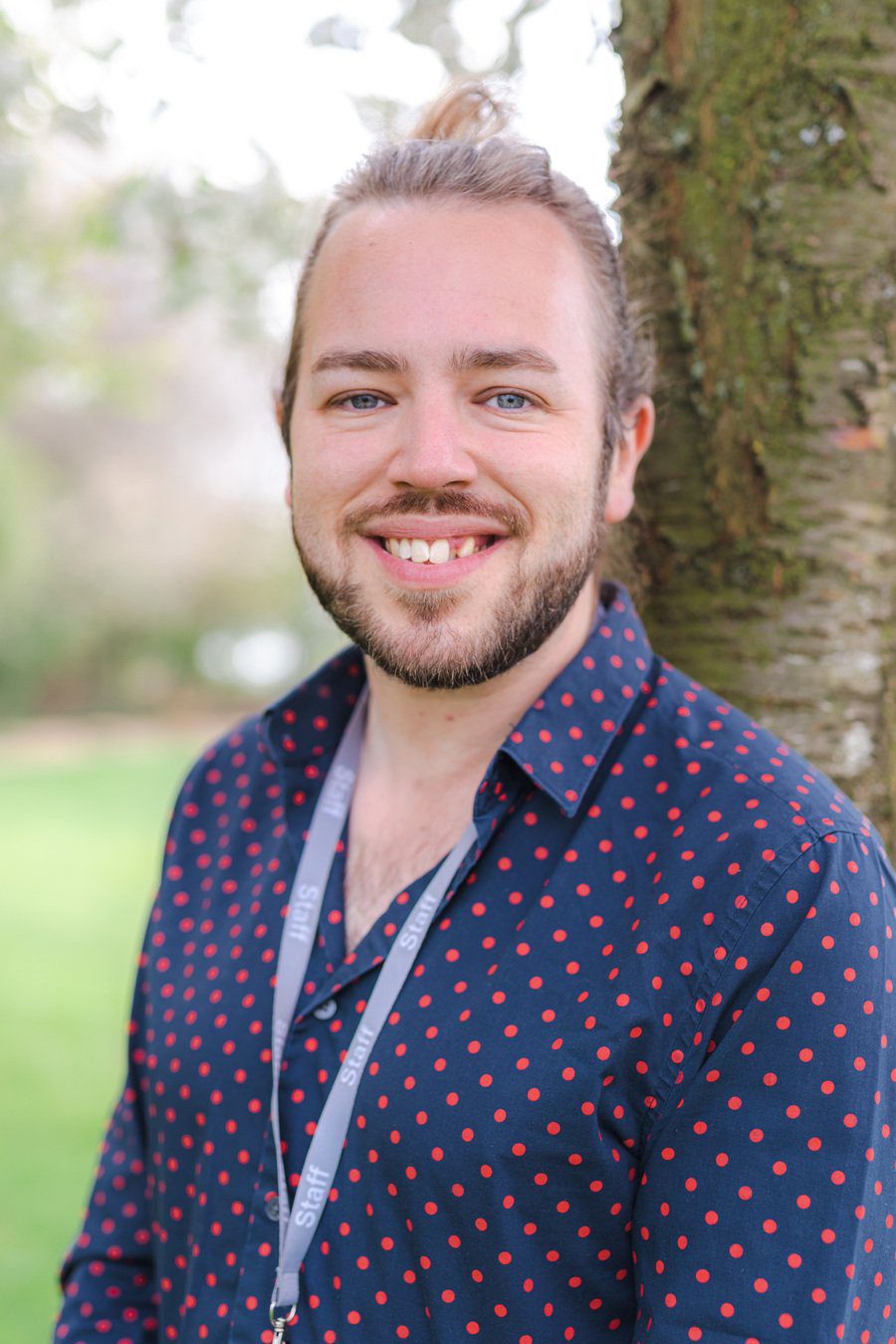
Year 1 Teacher
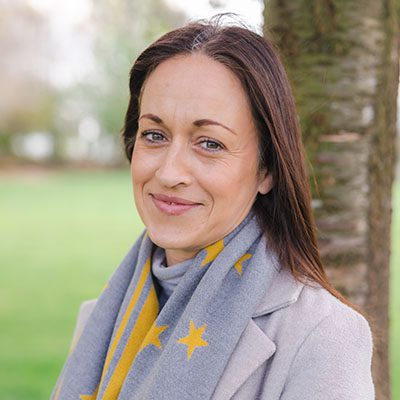
Higher Level Teaching Assistant, Year 1
|
|
Pastoral Coordinator
|
|
|
PSHE Coordinator
|
Additionally, at Brill School, our Christian Values are embedded into daily school life and the curriculum. We believe placing our Values at the centre of school life produces empathetic, resilient and compassionate individuals that are not only proud of themselves but empowered to use their education to contribute to their diverse and ever changing world.
INTENT
At Brill School, Personal, Social, Health and Economic education (PSHE) and Relationship and Sex education (RSE) equips our children to become healthy, self-confident, independent and responsible members of a diverse and changing world.
Our intention is for our PSHE curriculum to form a foundational part of children’s education and enable them to understand their personal and social development.
We strive to provide our children with a wide range of exciting opportunities and enriching experiences to enable them to thrive in all aspects of their lives and empower them to play a positive role in contributing to school and the wider world.
IMPLEMENTATION
At Brill School we deliver the PSHE curriculum to provide each ‘Brill Child’ with a chance to reflect, discuss and learn about topics critical to being happy, resilient and responsible citizens.
We use the Jigsaw scheme to ensure progression and coverage of the national curriculum including the importance of emotional wellbeing, physical activity, healthy diet, drugs education, financial education, personal safety, relationship and sex education (RSE) and active citizenship.
We enrich this in a wide variety of ways:
- Our school Values which we recently reviewed.
- Careful attention to being inclusive of our more vulnerable pupils though Pupil Premium strategy and Safeguarding.
- Our Behaviour management – Ready, respectful and safe.
- Embedding of Zones of Regulation to build emotional literacy.
- Forest School to develop emotional wellbeing, inquisitive learning, and healthy response to risk.
- Brill Eco Action.
- Enriching and valuing Diversity throughout our curriculum.
- Personal Development including leadership roles and enriching experiences.
IMPACT
Our children and staff understand that our values, wellbeing, mental health and good citizenship are at the heart of education at Brill School. Through our curriculum, we provide the ‘Brill Child’ with the skills and knowledge to nurture themselves and others as unique individuals, valuing differences and empowering them to actively and positively engage in the challenges of their ever changing wider world and contribute together to create a brighter vision of the future.
What does RSE look like?
As a part of your child’s educational experience at Brill C of E School, we aim to promote personal well being and development through a comprehensive taught programme of Personal, Social, Health and Economic (PSHE) education that gives children and young people the knowledge, understanding, attitudes and practical skills to live healthy, safe, productive and fulfilled lives, both now and in the future. The statutory guidance can be found at:
|
|
Relationships education relationships and sex education rse and health education
|
The new guidance focuses on healthy relationships and keeping children safe in the modern world. It also covers a wide range of topics relating to physical and mental health, wellbeing, safeguarding and healthy relationships.
Learning about the emotional, social and physical aspects of growing up will give children and young people the information, skills and positive values to have safe, fulfilling relationships and help them take responsibility for their own well-being.
Relationships and Sex Education (RSE), along with Health Education, is statutory, and forms part of the National Curriculum.
In 2020 we reviewed our RSE curriculum and policy so we can be sure our RSE provision is appropriate for our pupils based on their:
- Age
- Physical and emotional maturity
- Religious and cultural backgrounds
- Special educational needs and disabilities
To help you understand the curriculum requirements, you will find relevant documents below.
Documents
|
|
DfE statutory guidance on Sex and Relationships Education
|
|
|
Primary Schools Guide for Parents
|
|
|
Frequently Asked Questions about Relationships and Sex Education
|
|
|
RSE Expectations by the end of primary school
|
Testimonials
"During PSHE lessons we learn lots about different things and can let our feelings out."
Year 5 child
"From walking around school and interacting with our pupils it is clear to see that our School Values are known by children across all age groups and their meanings are embedded. There is a positive attitude towards PSHE. From our pupil voice session children said they enjoy the variety of learning styles and approaches in PSHE lessons and recording these in their scrapbooks. What children really buzz about is the Mystery Prize. I wish I could win one!"
Rebecca Field (PSHE Governor)
"A broad and highly creative curriculum provides excellent spiritual, moral, social and cultural (SMSC) provision, resulting in the development of caring, reflective and articulate pupils."
SIAMS (Outstanding Inspection Feedback)
Link Table block is missing information
